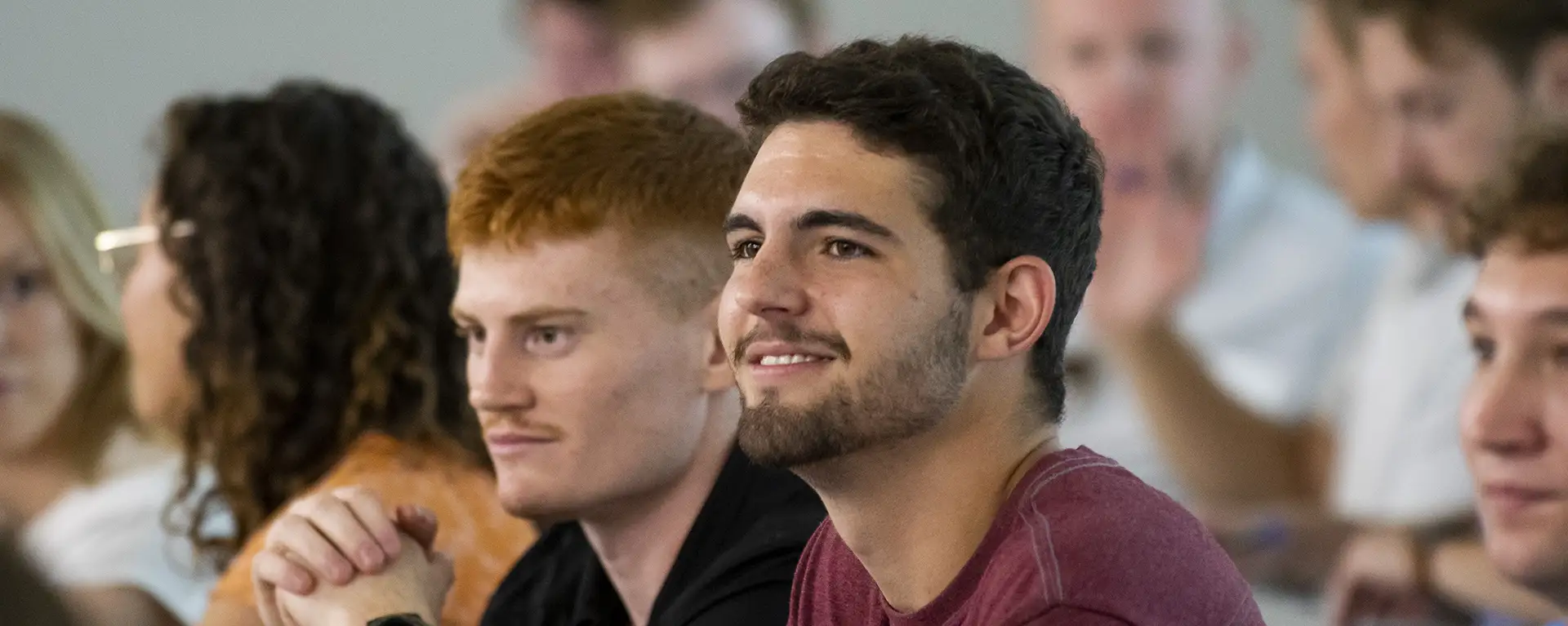Legal analysis, research & writing


Regardless of what type of law you end up practicing, your success and reputation will begin and end with the skills you start developing in LARW. No lawyer makes it through their career without knowing how to find legal precedent, read statutes and cases to understand the law, and communicate ideas through writing. That's why, in preparing practice-ready lawyers, Washburn Law puts a heavy emphasis on our legal analysis, research, and writing curriculum. We want our students to leave our school confident that they can perform the necessary work of a lawyer. That's why our LARW program has consistently maintained a top national rank amongst law schools, and why employers speak so highly about the work our graduates do when they start practice.
In their first semester, all students are assigned to one of our LARW I sections. In this course, students are introduced to:
Through a combination of readings, in-class exercises, and problem-based writing assignments, students learn how to identify, analyze, and build legal arguments, focusing mostly on objective legal analysis.
This course typically involves two major assignments:
Students then take on LARW II during their second semester, which sees them writing advocacy-focused documents such as motions and appellate briefs. Throughout this semester, students are tasked with:
After finishing our 1L LARW curriculum, students aren't out of opportunities to continue building on their abilities. We offer several courses that further develop the skills taught in LARW.
Our Writing for Law Practice course allows students to develop skills in drafting several different types of legal documents to build a broad understanding of the different forms of legal argument.
In addition, we offer a few different practice-specific writing classes that introduce students to the specific types of drafting necessary for individual fields, such as: